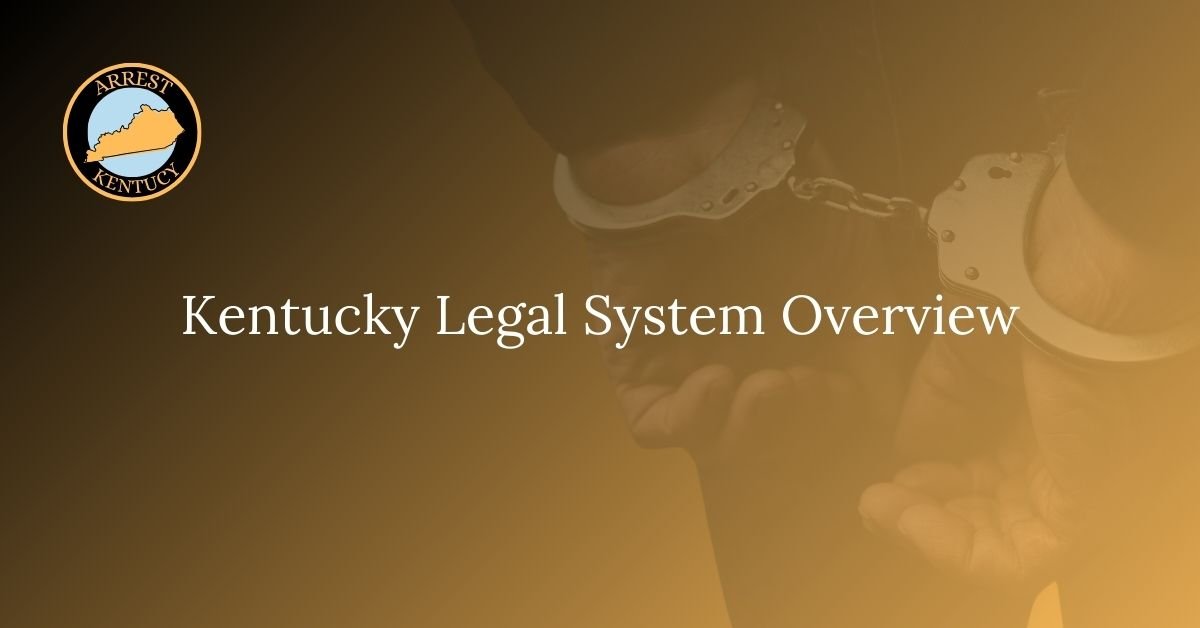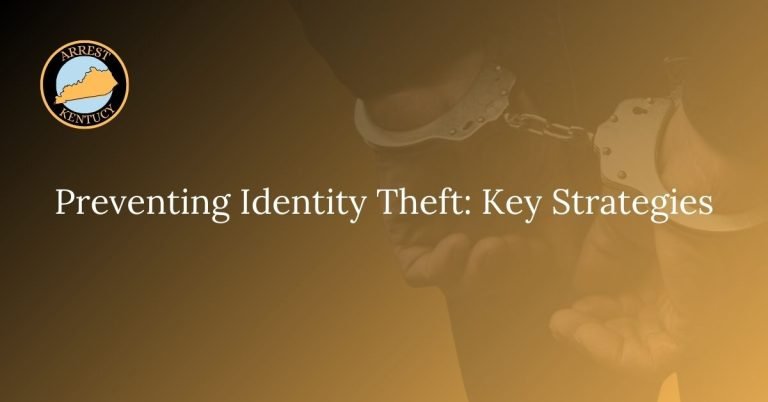Kentucky Legal System Overview

Understanding the expungement and record sealing process in Kentucky can be a crucial step for those looking to overcome past legal troubles. With the challenges that a criminal record can pose, including difficulties in securing employment, housing, and education, it is essential to know your options for clearing your record. Kentucky’s legal system offers pathways to expungement and record sealing, which can help individuals move forward with their lives and seize new opportunities.
This comprehensive guide provides a comprehensive overview of the expungement process in Kentucky, including eligibility requirements, filing steps, and the benefits of clearing your record. By exploring these aspects, individuals can gain a clearer understanding of how to navigate the legal system and take advantage of the opportunities available to start anew in the Bluegrass State.
Understanding Expungement in Kentucky
Expungement in Kentucky is a legal remedy designed to help individuals erase certain offenses from their criminal records. This process offers a fresh start by removing the stigma associated with a criminal record, which can affect various aspects of life, such as job prospects, housing options, and overall personal reputation. By understanding how expungement works, individuals can take steps to alleviate the burden of past mistakes and pave the way for new opportunities.
This article will explore the details of expungement, including the eligibility criteria, filing procedures, and the significant benefits it offers. With this knowledge, individuals can better navigate the expungement process and work towards a clean slate, enabling them to move forward with greater confidence and renewed possibilities.
Who Qualifies for Expungement?
Eligibility for expungement in Kentucky is determined by several factors, including the type of offense committed, the length of time since the offense, and whether any waiting periods have been observed. Certain offenses, such as misdemeanors and some felonies, may be eligible for expungement, while others, particularly more severe crimes, might not qualify. Additionally, there are specific waiting periods that individuals must adhere to before they can file for expungement, and these can vary based on the nature of the offense. This section provides a comprehensive overview of the criteria for eligibility, including any relevant waiting periods and exceptions. Understanding these requirements is crucial for determining whether you meet the qualifications for expungement and what steps you need to take.
Filing for Expungement: A Step-by-Step Guide
Filing for expungement in Kentucky involves a series of detailed steps designed to ensure that the process is completed accurately and efficiently. The journey begins with gathering all necessary documentation and information to support the expungement petition. This includes completing specific forms required by the court and paying any associated filing fees. Once the forms are completed, they must be submitted to the appropriate court, and relevant parties and agencies must be notified of the expungement petition. If a hearing is required, individuals should be prepared to present their case and respond to any questions or concerns. This section provides a thorough guide to each step of the process, offering practical advice on how to navigate the expungement procedure and what to expect along the way.
Advantages of Expungement
The benefits of expungement are substantial and can significantly impact an individual’s life. By clearing a criminal record, individuals often experience enhanced opportunities for employment, housing, and education. An expunged record can also restore various rights that may have been restricted due to past convictions, such as the right to vote or possess firearms. Additionally, the removal of a criminal record can improve an individual’s personal and professional reputation, making it easier to rebuild and advance in their career. This section highlights the broad range of positive effects that expungement can have, emphasizing how it can open doors to new opportunities and contribute to a more positive and fulfilling life.
Comparing Record Sealing and Expungement
While both record sealing and expungement aim to hide criminal records from public view, they are distinct processes with different applications and outcomes. Record sealing generally involves restricting access to criminal records, making them inaccessible to the public but still available to certain entities under specific circumstances. Expungement, on the other hand, involves the complete removal of certain offenses from a person’s record, essentially erasing the record from existence. This section clarifies these differences and explains when each process might be more appropriate based on the nature of the offense and the individual’s goals. Understanding these distinctions can help individuals make informed decisions about which option best aligns with their needs and circumstances.
The Role of an Attorney in Expungement
Navigating the expungement process can be complex, making the role of an attorney crucial. An experienced lawyer can offer valuable assistance throughout the expungement procedure, from assessing eligibility to preparing and filing the necessary paperwork. Attorneys can also provide representation during hearings, ensuring that all legal requirements are met and that the expungement petition is presented effectively. This section discusses the various ways in which an attorney can support individuals seeking expungement, including tips for selecting the right lawyer and understanding their role in the process. Having professional guidance can greatly enhance the likelihood of a successful outcome.
Frequently Asked Questions
For a comprehensive understanding of the Kentucky legal system, refer to the detailed FAQs section provided in the article, which covers various aspects and common inquiries.
How to File a Small Claims Case?
To file a small claims case in Kentucky, visit the local District Court Clerk’s office and complete a “Statement of Claim” form. Provide a detailed account of your claim and pay the required filing fee. After submission, the court will schedule a hearing where both parties can present their arguments and evidence. This process is designed to resolve disputes efficiently and effectively without the need for extensive legal representation.
Can I Represent Myself in a Criminal Trial?
Yes, you have the right to represent yourself in a Kentucky criminal trial. However, due to the complexities of criminal law and the potential consequences of a conviction, it is highly recommended to consult with an attorney. A lawyer can offer essential legal advice, ensure that your rights are protected, and help you navigate the judicial system more effectively.
Difference Between Circuit Court and District Court?
In Kentucky, Circuit Court is responsible for handling more serious civil and criminal cases, including felony offenses and high-value civil disputes. District Court, by contrast, deals with less severe criminal cases such as misdemeanors and civil cases involving smaller amounts. Understanding the jurisdiction and scope of each court can help determine the appropriate venue for your case.
Typical Duration of Appeals Process?
The duration of the appeals process in Kentucky can vary significantly based on the complexity of the case and the current workload of the appellate courts. On average, resolving an appeal may take several months to a year or more. This time frame can be influenced by factors such as the nature of the appeal, the availability of necessary documents, and the court’s schedule.
Can I Request a Change of Venue?
Yes, you can request a change of venue in Kentucky if you believe that factors like pretrial publicity might prevent you from receiving a fair trial in the original jurisdiction. To do so, you must file a motion for a change of venue, and the court will evaluate your request before deciding whether to grant it. This option helps ensure that you receive a fair trial under impartial conditions.
Alternatives to Traditional Court Trials?
Kentucky offers several alternatives to traditional court trials, including mediation and arbitration. These methods involve resolving disputes through negotiation or a neutral third party, rather than a formal court process. Mediation and arbitration can be more collaborative and cost-effective, providing parties with a way to settle conflicts outside the courtroom. These alternatives can often lead to quicker and more mutually satisfactory outcomes.






